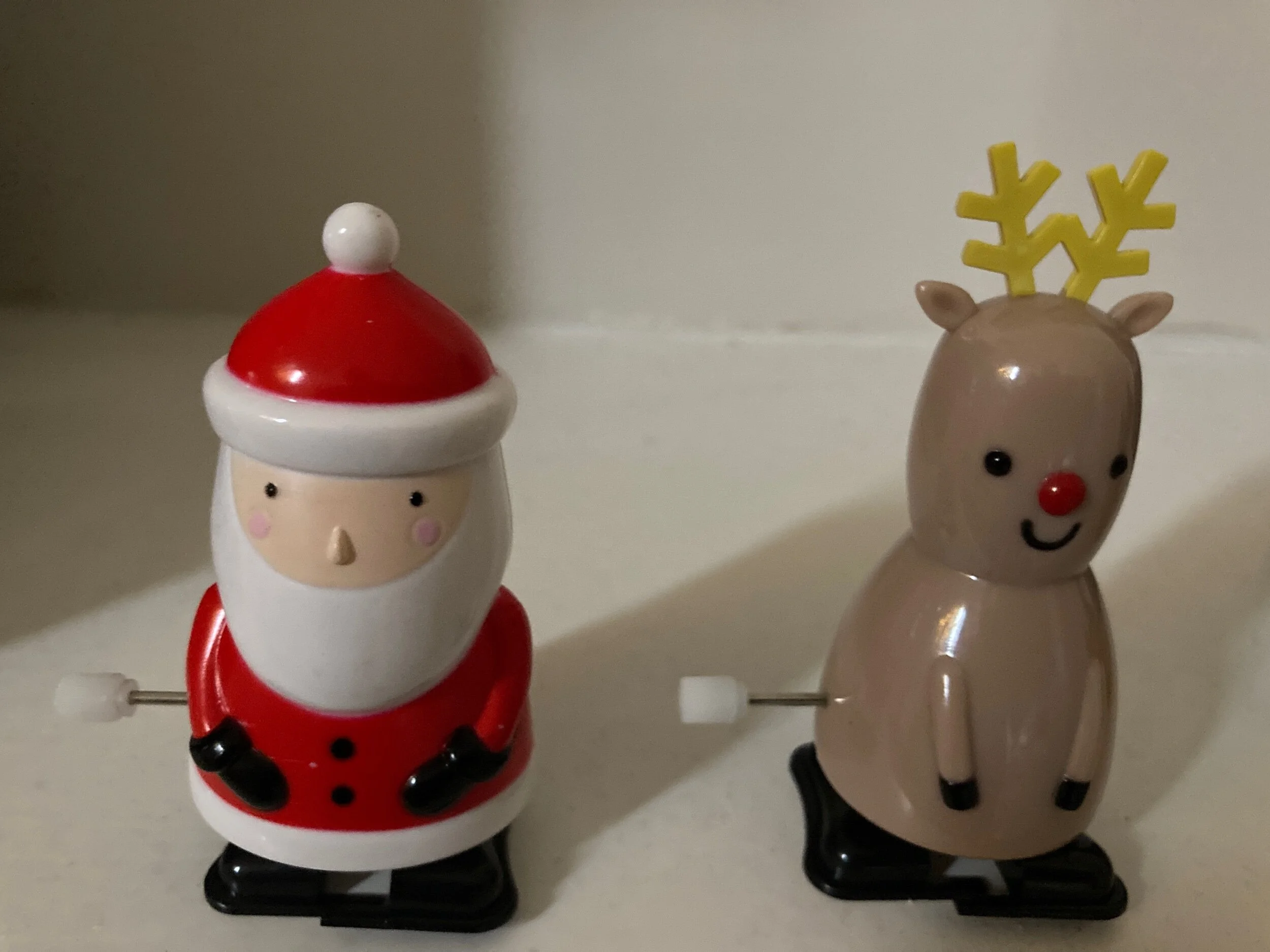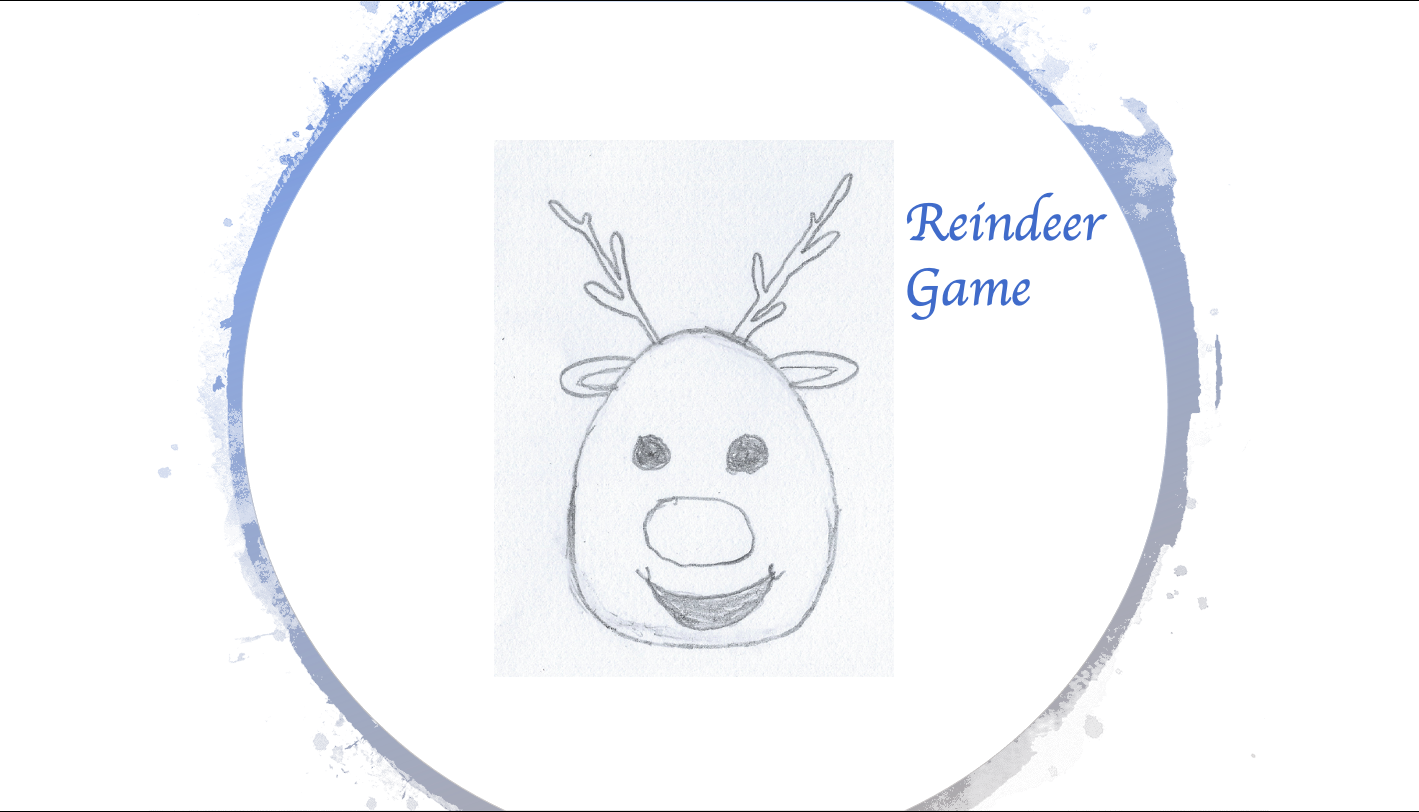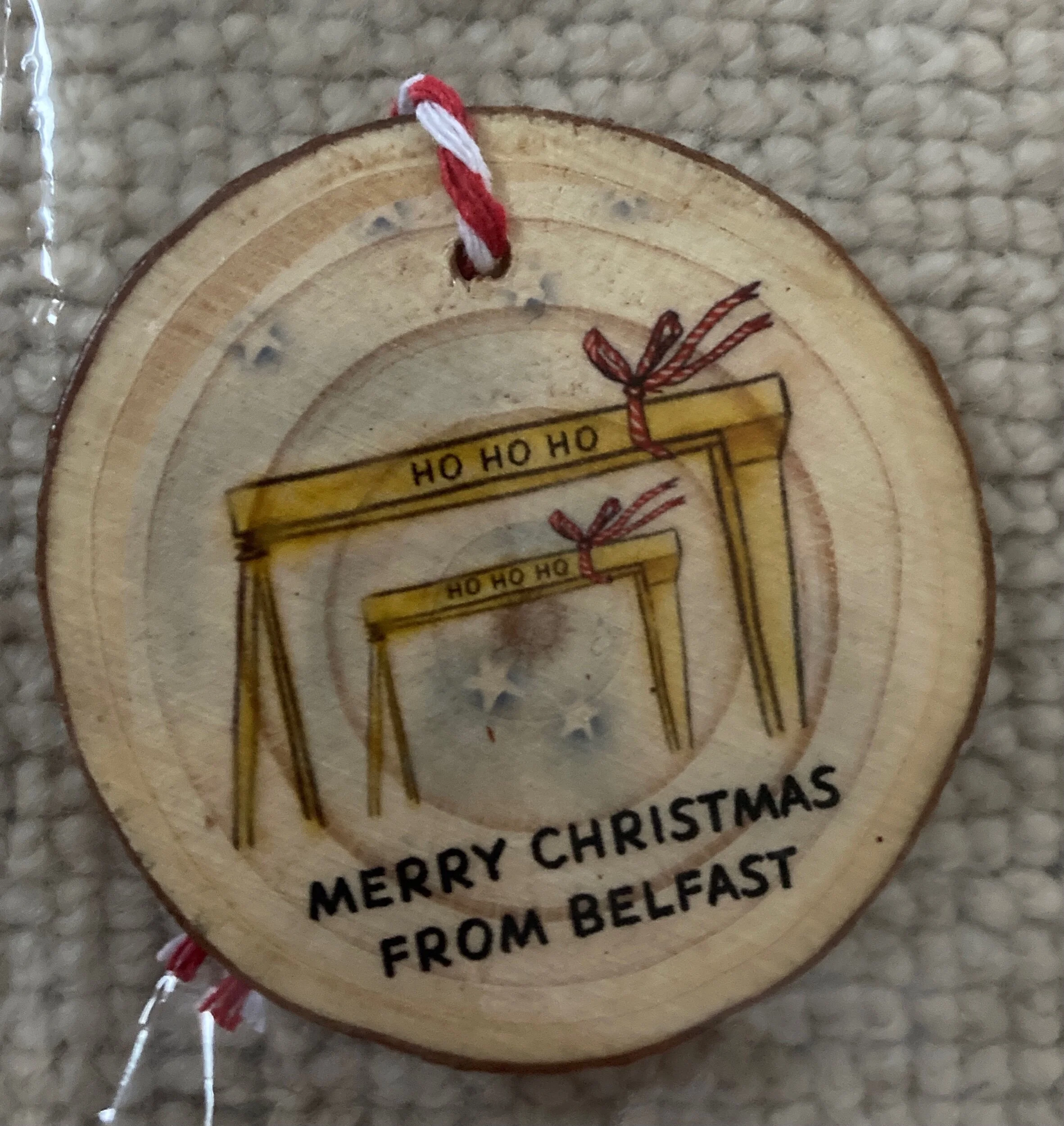Create some excitement by putting them in:
a bag
a stocking
a bucket
a saucepan
a hat
a box
look what have I got in my …… shake the bucket/ bag. Shall we have a look. Try and grab their attention. Using an unusual object might create more excitement and spark an interest in what you have.
Use the associated noises as you take the item out of the bucket/ box, e.g. “ho-ho-ho” for Santa; “quack-quack” for a duck, etc.
A wind up toy is a great Cause & Effect toy, i.e. the toy must be wound up before it moves.
Most young children will need some help to make it work. This provides a great opportunity for teaching the word “help”
(help, mummy help, help me)
As you wind up the toy you can say “turn, turn, turn”.
Then let it go and say: “go”
You can build up the anticipation by saying “Ready, Steady, Go” or “1,2, 3, Go”
Then when the wind up toy stops you can say “stop”.
WAIT for your child to request the item again using whole hand reach, pointing, gestures, vocalisations, words or phrases. By waiting you will provide your child with opportunities to communicate and will encourage lots of Back and Forth communication.
Why not choose your character and have races.
Remember to keep the activity FUN
Core Words: more, turn, go, stop, help, again
Exclamatory Words: oh no/ uh oh (as wind up toy falls off table or goes in the wrong direction) or WOW
by Sarah Winstanley, SaLT
Communication Lincs Ltd. ……..because Speech Therapy Matters



















